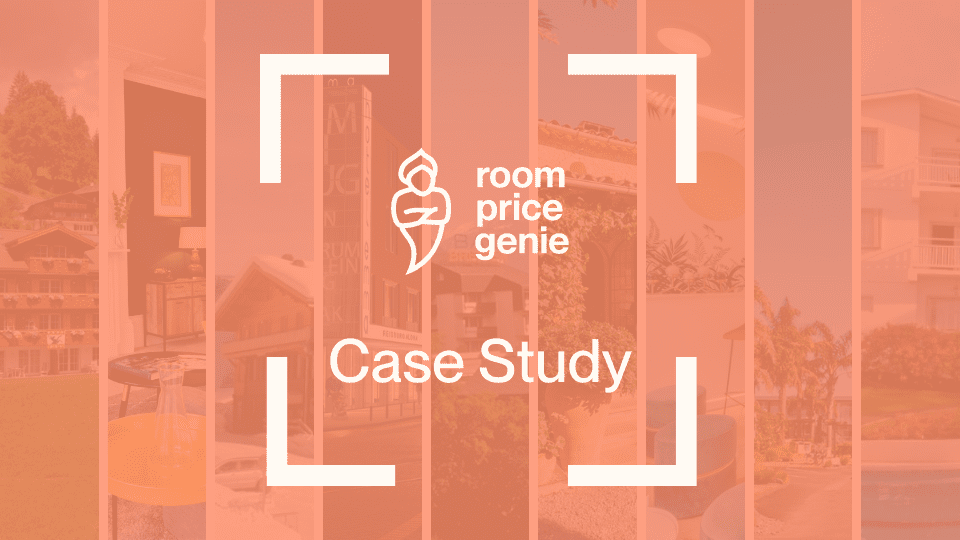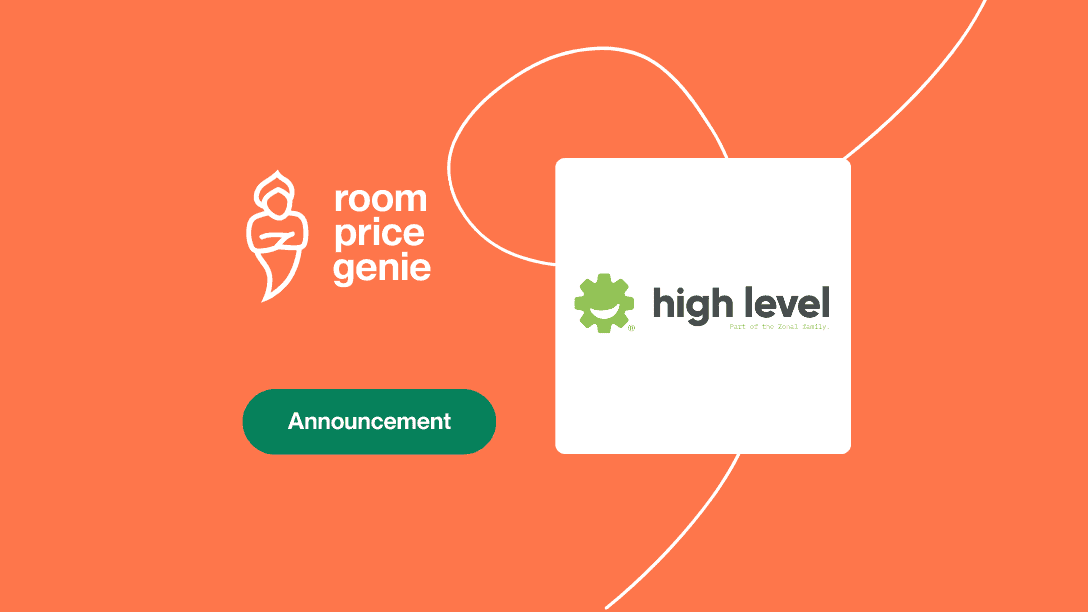The COVID-19 Coronavirus has already had a large impact on the hotel industry and brought with it a huge amount of uncertainty.
The first priority at this time is obviously the safety of guests and staff. But the economic impacts are never far from everyone’s mind.
The best advice we have heard is that hotels need to stick together in these difficult times. We have been speaking to a number of hotels, revenue management experts and other members of the hotel tech industry to see what their best suggestions are. This article contains some of the top ideas industry experts have provided.
Also, if you are interested, we have also written a post on using this time productively to come out stronger.
The situation is changing constantly, and if you have further ideas, please let us know and we will update this article.
Tip 1 – Keeping Safe (and Preparing for Shutdown)
Keeping in mind the causes of transmission, a number of safety measures can and should be put in place.
- Everyone to wear masks (possibly including guest in public spaces – you can provide these). There is a growing amount of evidence that this considerably reduces transmission.
- A ‘no contact’ rule between staff or staff and guests
- Keeping 1.5m distance between people – this means reducing the capacity at the restaurant.
- Washing hands every half hour
- Alcohol gel everywhere (if available)
- Consistent and very regular cleaning of all surfaces
- Regular cleaning of all door handles and lift buttons
- No buffet
- Consider heat scanning guests on arrival. If they have a temperature, at the very least they should not be allowed in public areas and special care should be taken when cleaning their rooms.
- Disinfect all rooms when cleaning
Even the best measures can fail. We would suggest trying to reduce expenditure as much as possible except for the safety aspect, with the idea in mind that you may be forced to close and should be able to cope financially in this case.
Tip 2 - Hold tight on your rates; don’t be the first to drop the prices
After the financial crisis of 2008, hotels made dramatic price-drops. The result was that all hotels lost out and it took a long time to recover the pre-crisis ADR.
Hotels need to stick together now, and it is important not to start a race to the bottom by panicking and dropping your prices super-low to entice travellers.
By closely monitoring the market around you and staying within that range, you are doing your bit to maintain prices in the area.
If needed, you can make reductions for arrivals in the next few days, but make sure to keep longer term prices steady.
Software like RoomPriceGenie’s can do this for you automatically en keep your prices attractive but not damaging to the area. In general, having a revenue management system in place will help you to base your decision on analytics rather than a sense of panic, and will also start raising your prices as demand returns.
Tip 3 - Look at more hidden discounts
Although you don’t want to make lower rates public, you can still work on offering better value to potential guests in a variety of ways:
- Genius discounts on booking.com, or members only discounts on expedia are examples of ways to offer lower prices in a non-public way.
- Other discounts can be offered behind a login or with a discount code (for example on your own website).
- Offering more value rather than a lower price. This can be in the form of free upgrades, free meals, airport pickup etc
- You can try marketing to your existing mailing list via email and giving them value in a way that makes them feel special. In this way you may be able to attract new customers to the area.
Be creative here.
Tip 4 - Managing rate plans and cancellations wisely
Hotels are not insurance companies and we need the customers to realise that it is a very difficult situation for everyone.
Although booking.com are putting pressure on hotels to waive non-cancellable rates, we still feel that getting people to book on non-refundable terms, with prepayment at time of booking, will put you in a stronger position.
You can put your non-refundable rate with a larger than normal discount compared to free-cancellation, and can also extend it out further into the future should you need to.
Then, if they do want to cancel, try to postpone rather than cancel guests bookings. Whenever guests make a cancellation request, explain the difficulty of the situation, and try to get them to move it for another date at no extra cost. This way you will keep the booking but at the same time show the guests that you care.
In these times, good communication with guests will help a lot. Believe it or not, times like this can have a positive impact too. In difficult times people come closer and now is the time to put your personalised touch into play.
Tip 5 - Making your hotel look the best option to book
If a guest does need to travel, where would they prefer to go? The hotel that says they sterilise all public surfaces five times a day, or the one that doesn’t mention it? We are aware that every hotel does their best to keep their guests safe, but if it is not communicated well, then how will guests know and feel reassured?
Now is the time to implement a personal touch in your communication with guests by reassuring them and letting them know you are in control and the exact measures you have put in place. You can do this through your website, social media and email newsletter.
Be sure to reassure your present and future guests of their continued safety by clearly stating your practices. If there is any issue in your hotel, honesty is key and misinformation can spread quickly in times of crisis so you want to make sure you are being clear both internally and externally.
Also importantly, staff must remain calm and know that their health and safety is prioritised on an equal level to your guests. Have a clear plan in mind by talking through scenarios with the team – allow them to voice their questions and concerns. Make sure they are aware of the measures being taken so that they can reassure guests and make sure that policy is communicated consistently.
Conclusie
It is a difficult situation for everyone in the industry, but working together with clear and effective action can help reduce the perception of worry about travel. Put simply, it is important we thoroughly prepare ourselves and embrace all the available resources to turn the situation in our favour.
Using a pricing tool like RoomPriceGenie will help you to make smarter pricing decisions and contribute to a better outcome. You can reach out to us any time for a consultation.








